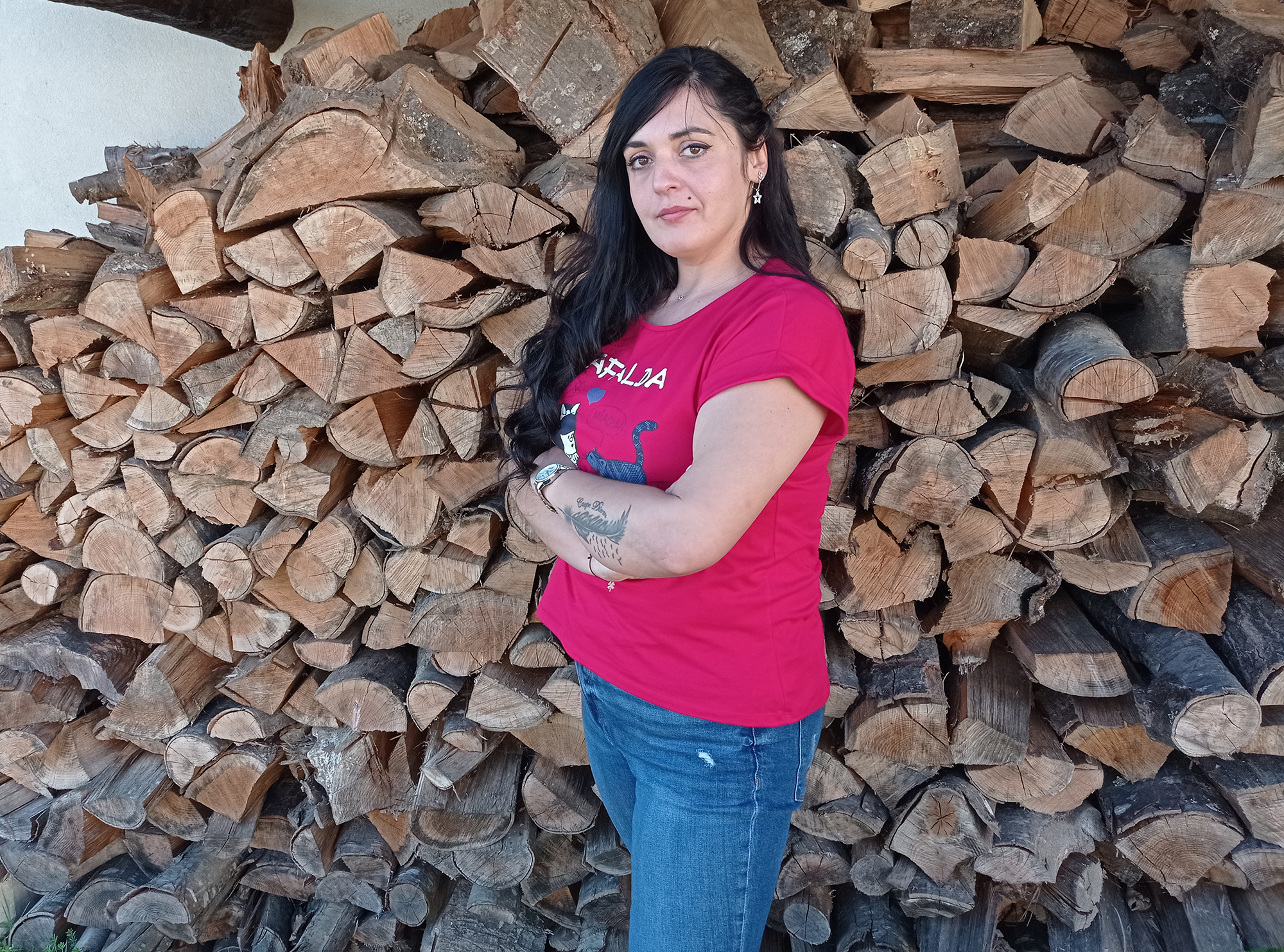What can municipalities do to get prostitutes out of the situation of exclusion?
- At the request of the city council, a study has been carried out on the concerns, needs and problems of women engaged in prostitution. It has been shown that they have difficulties in accessing their rights and that the lack of rights punishes them to be victims of multiple discrimination. The City Hall will now start with the study conclusions: “The first step will be to review the protocol for the social census”.

A year ago, a study on multiple discrimination was presented in Irun, confirming the high degree of discrimination suffered by women engaged in prostitution. Therefore, the City of Irun expressly requested the Arrats association, which has been working with women who practice prostitution for more than twenty years, a study related to this matter.
According to the report presented on Tuesday, 91 per cent of the people who engage in prostitution are zis women, 7 per cent transgender women and 2 per cent men. They are mainly between 31 and 45 years old and most women are born in Central and South America. More than half have dependent children and/or family members, usually at the place of birth.
49% of respondents want to keep their jobs and 48% change their jobs. Those interested in continuing prostitution have asked for their legalization and decent working conditions, and those who do not want to continue, to facilitate access to other jobs and economic benefits. In fact, all respondents agree that they have difficulty accessing rights (individual health card, access to community resources, access to papers…), which increases their stigma and exclusion.
"48% say that if you could leave, and for that you need alternatives, we have to help from the administration on that path"
And now what?
Councilwoman for Equality of Irun, Miren Echeveste, explained to ARGIA that “the first step will be to revise the protocol for the social census, to adapt it as far as possible to the reality of these women, since the census opens the doors to other benefits, aids, programs, etc.”. Echeveste makes it clear that “the aim is to reduce the degree of vulnerability of prostitutes, to remove them from exclusion so that they have freedom to decide about their lives”. As already mentioned, 49% want to continue prostitution, “but 48% say that if they can leave it, and to do so they have to give it the opportunity, they need alternatives, and from the administration we have to help in this way, that is the challenge we have from the city council”.
The report contains other proposals such as dyptics to combat male violence, in which prostitutes have revealed difficulties with clients with male attitudes, the possibility of testing sexually transmitted infections in the city and the training of professionals to reduce stigma and improve their care.
Katakrak argitaletxearen Puta zikinak liburuaren kontra oldartu da CAPP Collectif Abolition Porno Prostitution kolektibo feminista Baionan, Elkar liburudendan. Juno Mac eta Molly Smith idatzi liburuaren azalak urratu eta "Prostituzioa: bezeroak, bortxatzaile... [+]
Sexu-lanaren gaineko eztabaida pil-pilean dago berriro ere mugimendu feministaren barruan. Batzuek iritzi argiak dauzkate, beste batzuek ez dakite oso ondo nola kokatu. Lynzi Armstrong ikertzailea Donostian izan zen azaroan bere azken liburua aurkezten, eta haren azalpenak... [+]
The latest report on prostitution in the Basque Country published by Emakunde once again focuses on women and disregards the role of entrepreneurs who move the business. The report "Trafficking in women and girls for the purpose of sexual exploitation in the Basque Country: needs... [+]
In Madrid, in the Spanish Parliament, the intention was applauded to make a law that equates homeworkers with other workers. The workers there said they applauded for the years struggle. The decision is a compromise for the moment that must go a long way towards becoming law... [+]




















